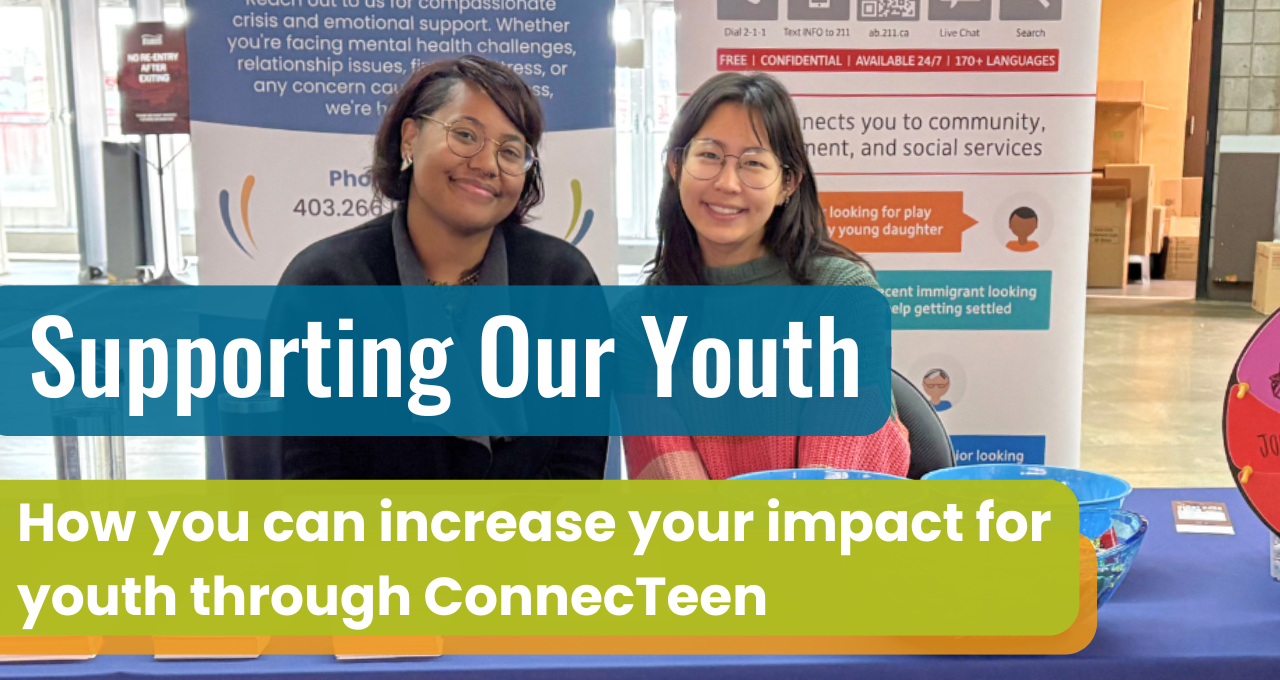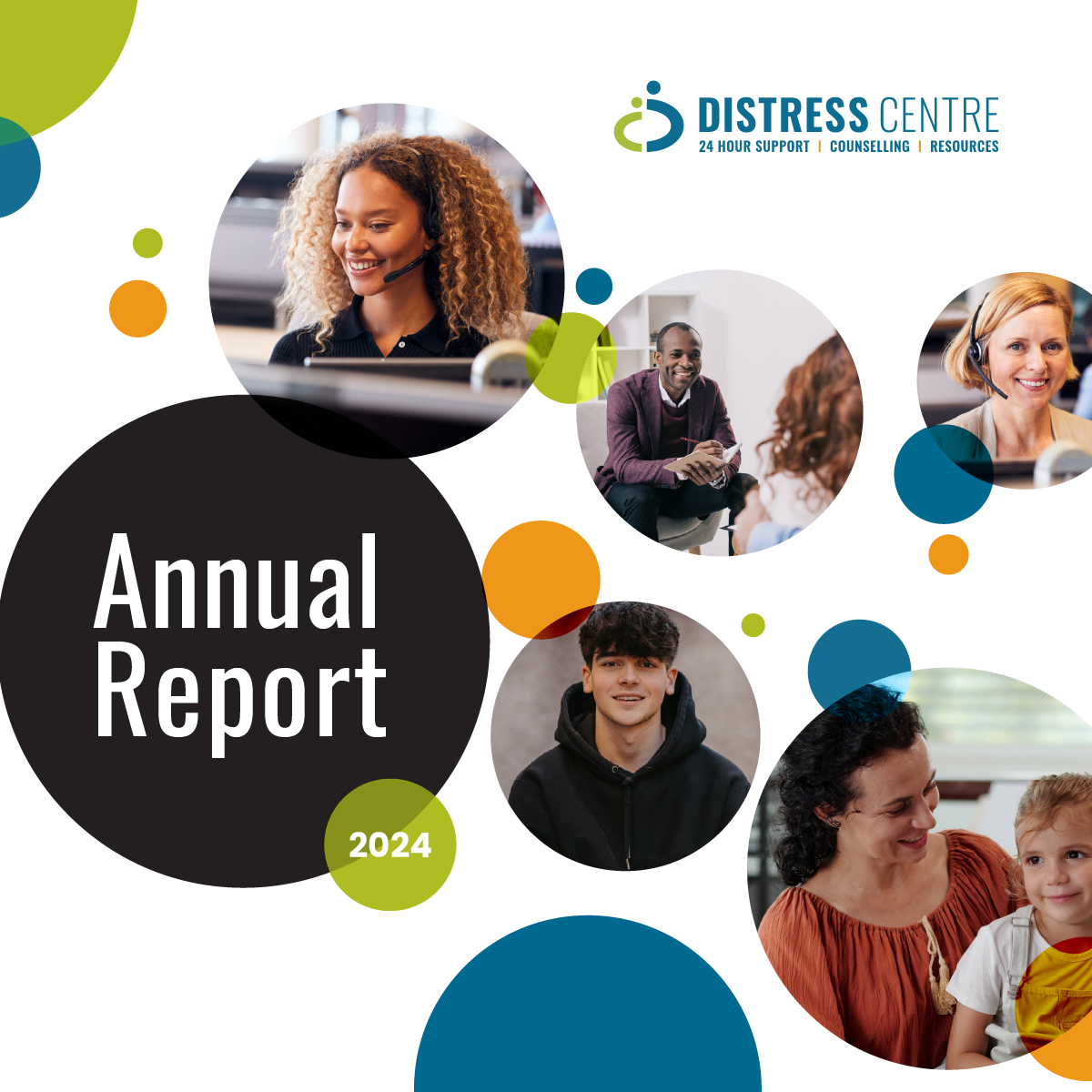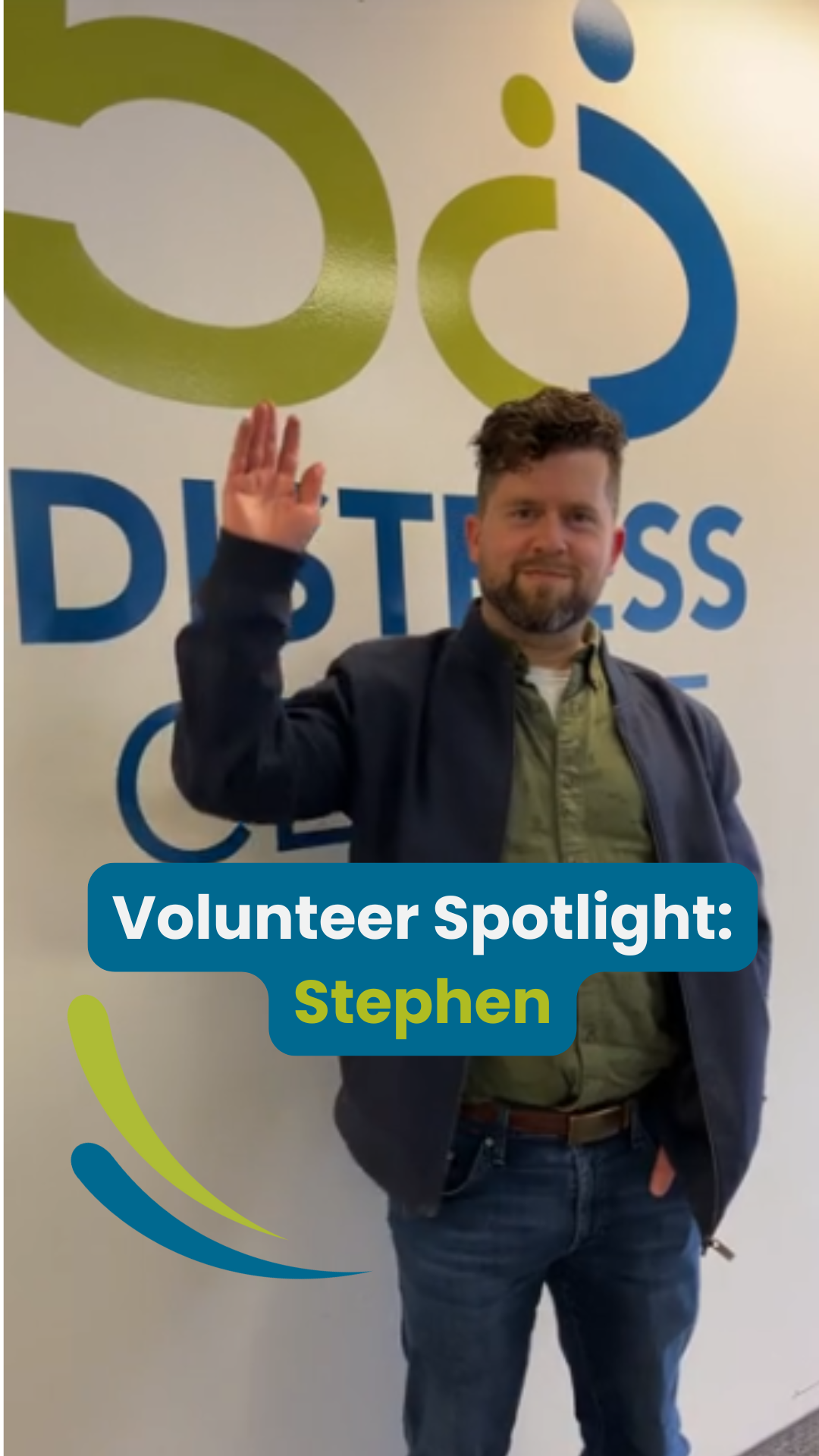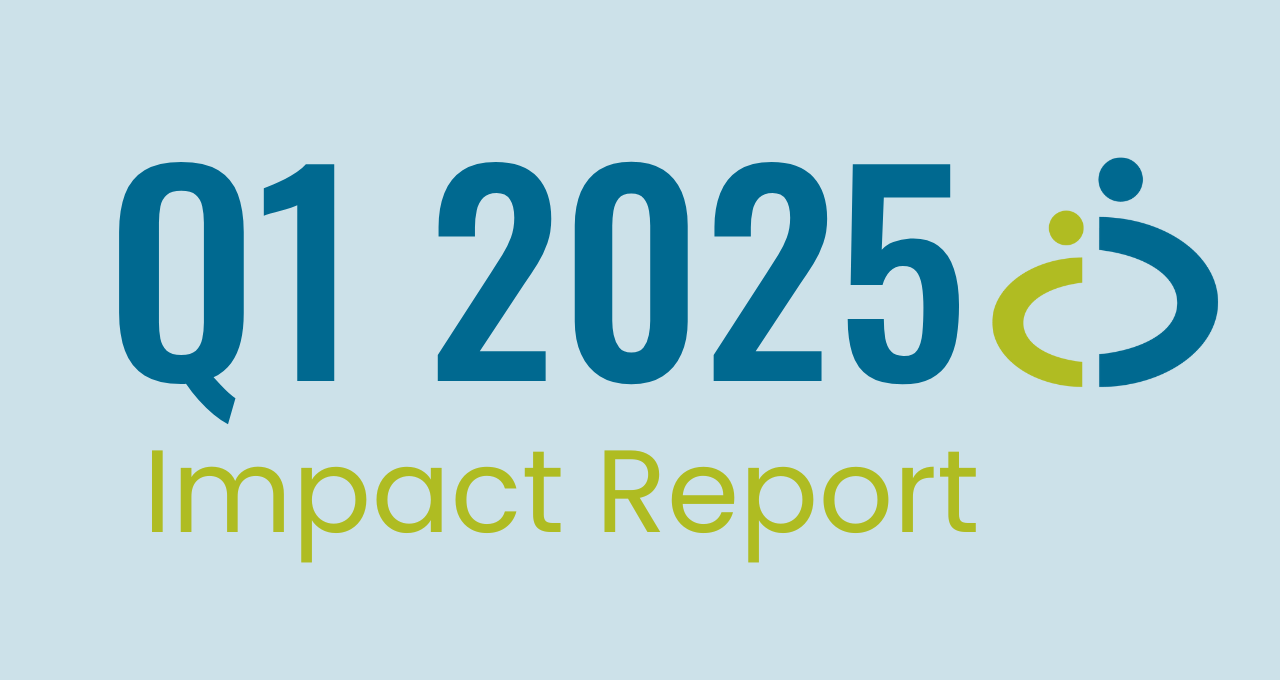What Distress Centre Calgary Is All About
Distress Centre Calgary provides 24-hour crisis support, professional counselling, youth peer support, and navigation and referrals through 211 and Coordinated Entry.
Our mission is to provide compassionate, accessible crisis and navigation support that enhances the health, well-being and resiliency of individuals in distress.
Our vision is to ensure everyone is heard.
To do this, we abide by a specific set of values:
- Belonging
- Service to Others
- Excellence
- Volunteerism
- Integrity
- Collaboration
- Innovation
- Leadership
For over 50 years, Distress Centre has served Calgary and Southern Alberta, ensuring everyone has a place to turn in times of crisis.
Watch this video to learn more about our programs and services:
Leadership

Robyn Romano, Chief Executive Officer

Candice Giammarino, Director of Programs at SORCe
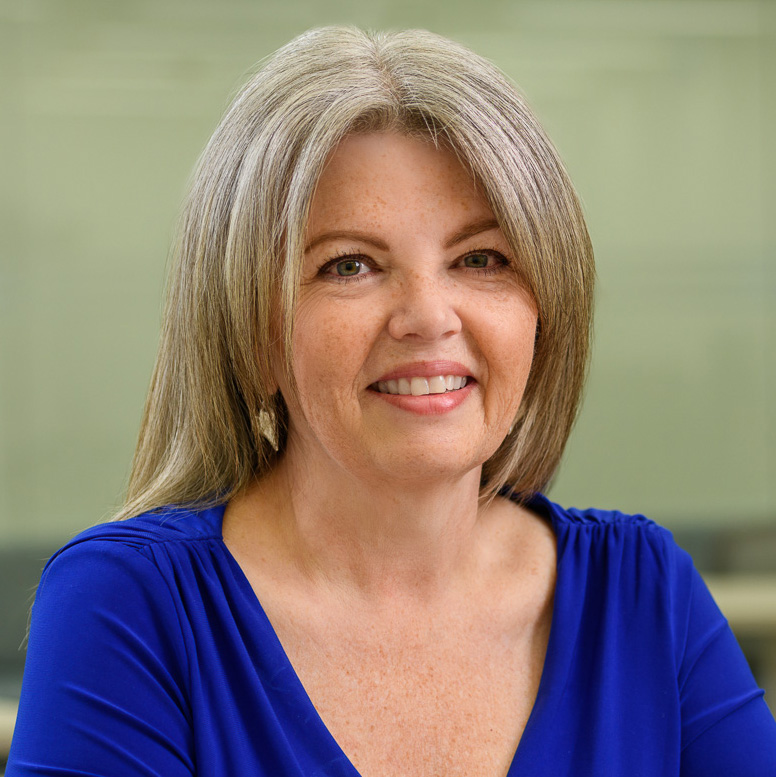
Karen Gallagher-Burt, Director of Strategy & Engagement
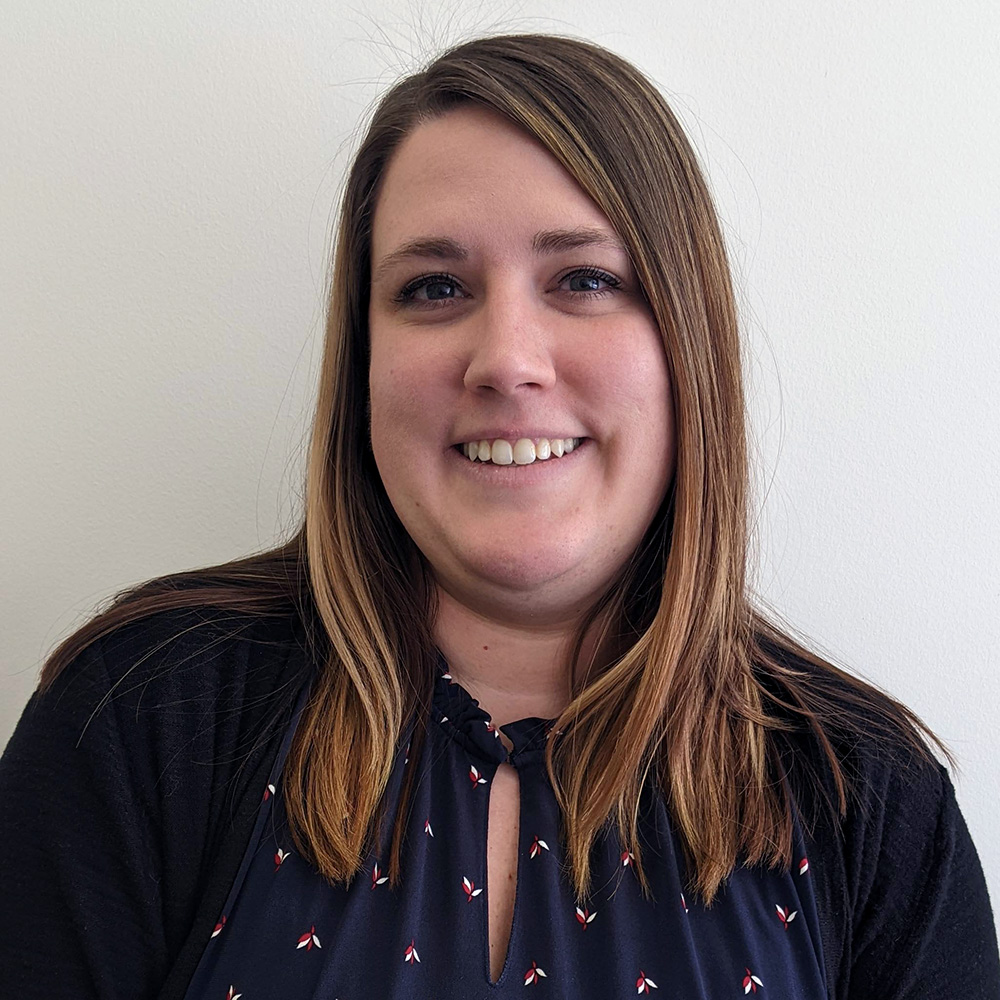
Sarah Sandall, Interim Director of Crisis & Navigation Services

Richard Mugford, Senior Manager of Community Information Exchange

David Kirby, Clinical Services Manager

Sarah Vardy, Navigation Services Manager

Lindsay Douglas, Communications Manager
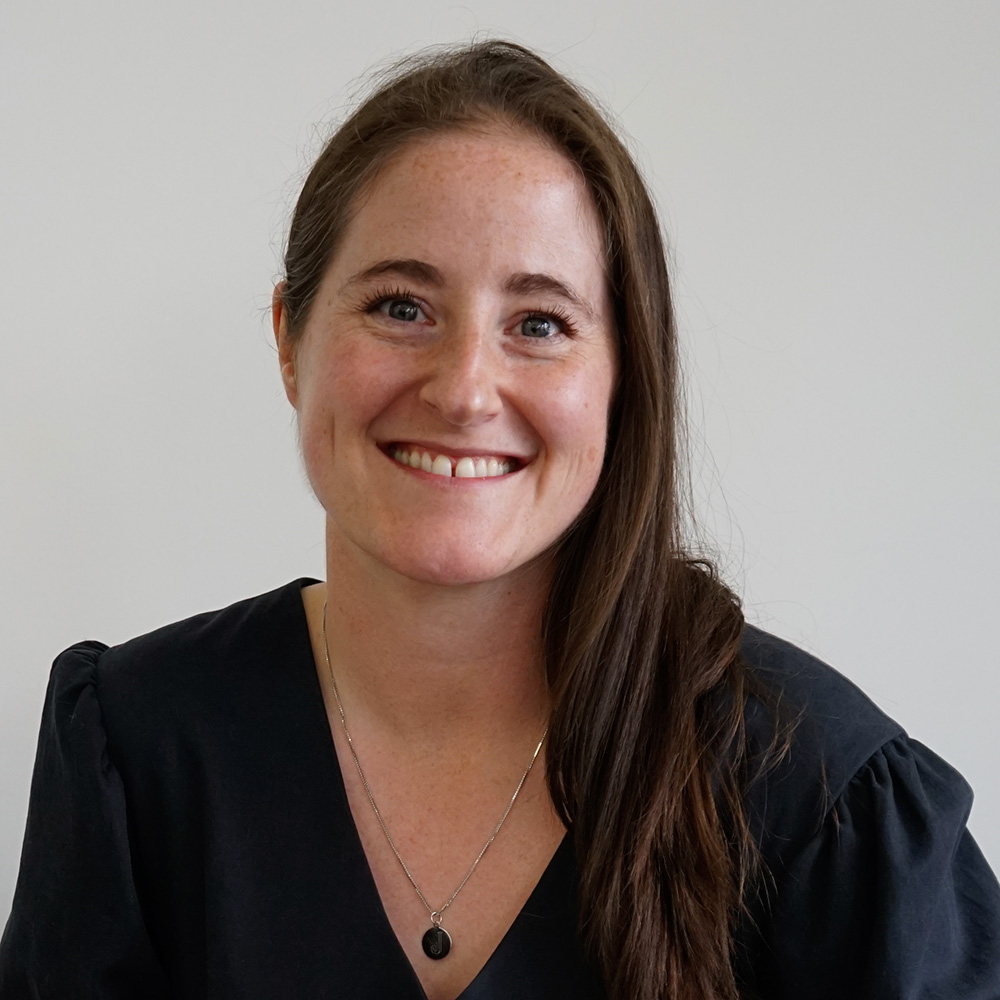
Shannon Stepanik, Volunteer Program & Training Manager
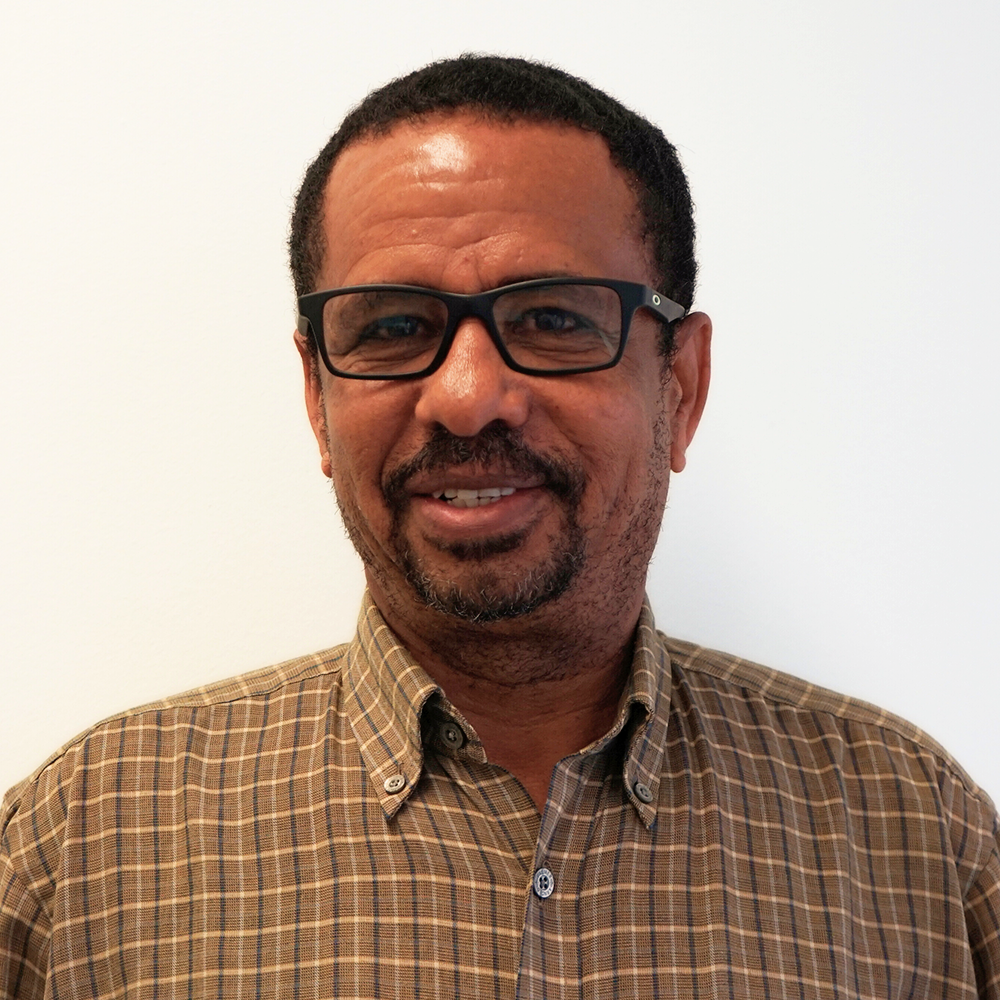
Mulu Kahsay, Data and Outcomes Manager
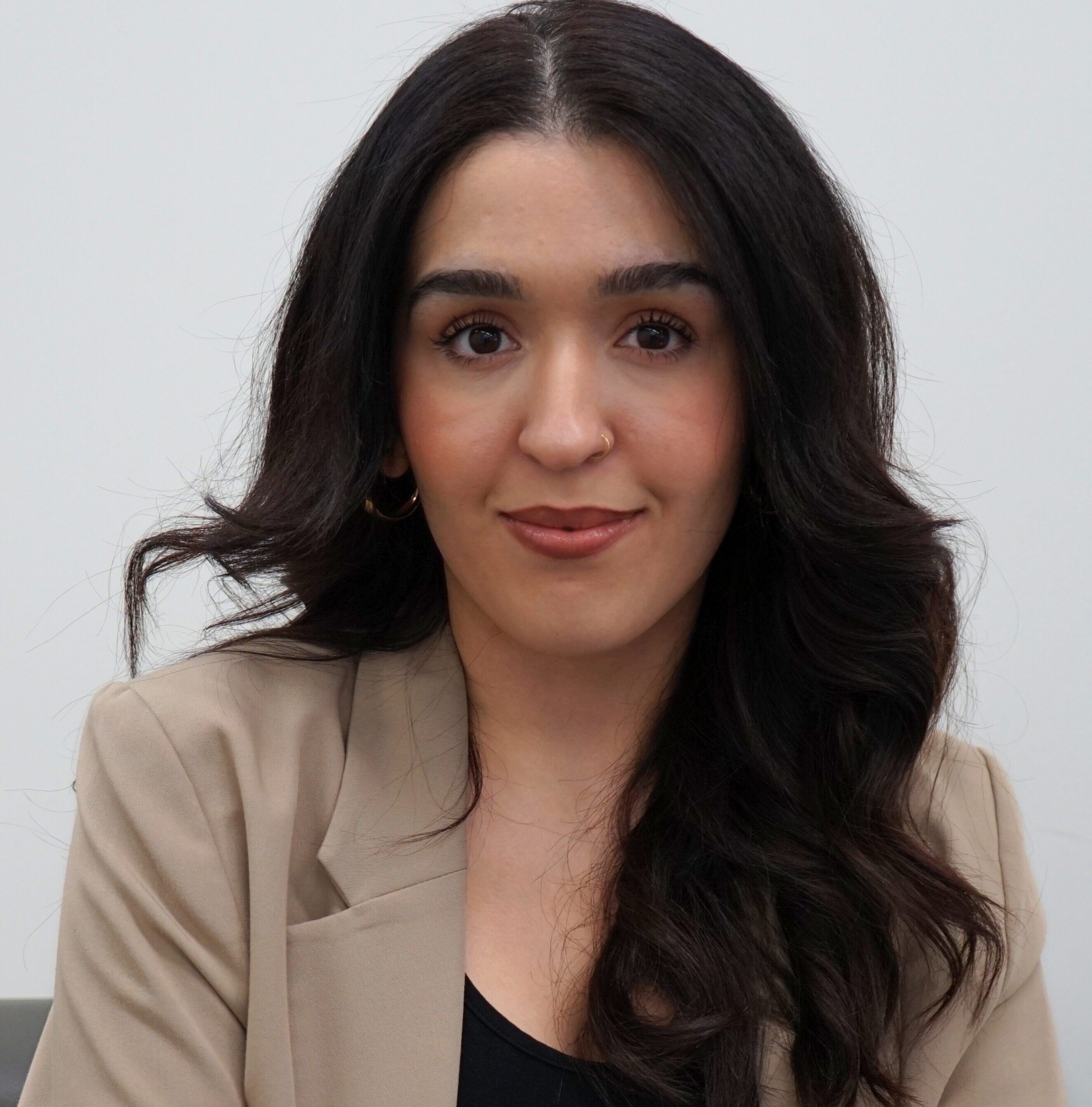
Anmol Dhot, Crisis Program Manager
Board of Directors
Distress Centre Calgary is governed by an exemplary group of volunteers who make up the Board of Directors. They bring exceptional skills, vision and experience from a variety backgrounds to lead strategic direction, governance and fiduciary accountability. The Board is committed to ensuring Distress Centre remains an accessible, innovative and compassionate agency that delivers excellent service to our clients and continues to meet the emerging needs of our community.
Board of Directors 2023-2024
Officers:
- Kiersten Mohr, Chair – Terra Firma Transition Consulting
- Chantal Milloy, Vice and Past Chair – Levvel Inc.
- Rachael Golembuski, Treasurer – Long View Systems
Directors:
- Aminda Galappaththi – Calgary Housing Company
- Dilan Yogasundaram – Accenture
- Jacqueline Elaine Chang
- Jeremy Busch-Howell – Total Energy Services
- Kara Patterson – Alberta Health Services
- Kevin Drinkwater – JFive
- Lori Berg – ATB Financial
- Serge Leckie – Volker Stevin Canada
- Stacey Meyer – Precede Occupational Health Services
- Tim Shaw
- Yolanda Young Pine-Crowchild
Explore Our Storied History
Since opening our doors in 1970, Distress Centre Calgary has been providing 24-hour crisis support to Calgary and Southern Alberta.
While the number of calls, emails, chats, and texts have increased, and our look and name have changed, Distress Centre’s core values of 24-hour, non-judgmental, free, compassionate, and accessible support remain unchanged.
Our History
1970
On April 14, Distress Centre opened its doors as the Drug Information Centre with the goal of providing unbiased drug information and education, crisis intervention and research. In the first year of operation, The volunteers responded to 3,837 calls and 1,724 drop-ins.
1973
The Drug Information Centre began to shift away from purely drug-related calls to a dual emphasis on crisis and addictions.
1975
The Drug Information Centre changed its name to The Centre and was more commonly referred to as the Distress Centre/Drug Centre. It launched a 24-hour general crisis line and a separate drug crisis line.
1976
Distress Centre/Drug Centre began receiving funding from United Way.
1979
Dr. Stew Clark has been involved with Distress Centre since its inception. He was appointed Co-ordinator in 1976, a title that was changed to Executive Director in 1979. He departed the role the same year, and Jeanette McEachern was appointed Executive Director. She served in the role for 18 years.
1983
Teen Line was established to provide the youth of Calgary with a place to call that was specifically focused on their needs. This service, answered by teen volunteers, was the first of its kind in Canada.
1988
Distress Centre/Drug Centre becomes the legal name. Roughly 28,000 calls were being responded to at this time.
1990
Distress Centre sought to secure additional sources of funding throughout the ‘90s to meet the growing demand for crisis support. Specialized lines were added in the ‘90s, including the Youth Drug Line (1990), the Gambling Line (1994), Men’s Line (1998), and SeniorConnect (1994).
1996
Barb Litchinsky is appointed Executive Director after Jeanette McEachern retires.
1999
Distress Centre continued to experience tremendous growth as we introduced several new programs and partnerships. These included partnerships with mobile teams such as the Mobile Response Team.
This growth paved the way for our current structure of effective partnerships and further established Distress Centre as an innovative leader in the community.
2000
Paid staff were added to the contact centre to supervise the volunteers.
2005
Distress Centre, partnered with the City of Calgary and United Way, launched 211 Calgary. This launch further established Distress Centre as the hub of crisis support and the go-to place for community referrals in Calgary.
2008
Distress Centre coordinated a Basic Needs Pilot Project, which had a focus on preventing homelessness and streamlining access to emergency financial assistance. The new Basic Needs Fund (BNF) eventually replaced the Instrumental Needs Fund.Carol Oliver was appointed Executive Director in 2008 upon the retirement of Barb Litchinsky. Unfortunately, Carol had to take a leave of absence in 2011 after being diagnosed with cancer, and she sadly passed away in 2012.
2009
Due to the recession, Distress Centre responded to the increase in the complexity of issues and the severity of risk. To respond to the increased need, Distress Centre began to leverage social data from 211 to help with mapping issues in communities throughout the city, developing programs in areas of need, and targeting assistance to the hardest hit populations.
1-800-SUICIDE was launched in Southern Alberta.
2010
Distress Centre’s 40th Anniversary. The refreshed brand made its debut, along with the introduction of one memorable crisis line number, 403-266-HELP (4357). Distress Centre Calgary became the agency’s legal name.
2011
Distress Centre announced the launch of their refurbished youth peer support program, ConnecTeen, which now, in addition to 24-hour phone support at 403-264-TEEN (8336), offers online crisis chat and email support online at calgaryconnecteen.com.
2012
Distress Centre Calgary launched online services by expanding its current service offerings to include daily online chat and email support.
2013
Joan Roy was appointed Executive Director. Following the June floods, Distress Centre responded to a 40% increase in help-seeking calls to 211. In July, the 211 service was expanded to High River to help those impacted by the floods.
In November, ConnecTeen announced the launch of its new youth peer support texting program, the first program of its kind in North America. Distress Centre was selected by the Calgary Homeless Foundation to provide coordinated intake into Calgary’s homeless-serving system.
Distress Centre’s team operates out of the Safe Communities Opportunity and Resource Centre (SORCe) and assists people at risk of or experiencing homelessness by providing a single point of access to housing and support services.
2016
211 played a critical role in supporting the Fort McMurray/Wood Buffalo evacuees when wildfires ravaged the area in May. Online chat was launched province-wide to give evacuees another way to contact 211. 211 collateral and staff were also available at evacuation centres.
2017
Jerilyn Dressler was appointed Executive Director after Joan Roy retired.
2020
Distress Centre Calgary celebrated its 50th year of operations. Distress Centre moved to a new office after 20 years in the previous space, only to bring operations remote a month later due to the COVID-19 pandemic. Counselling services were delivered by phone and video, and the programs at SORCe were delivered by phone temporarily. In-person services resumed at SORCe in November.
211 experienced a massive increase in demand for services due to the pandemic. All 211 modes of contact (phone, chat and text) became available 24/7.
2021
Robyn Romano was appointed Executive Director. Adult crisis text was introduced in September. Distress Centre Calgary launched 24/7 crisis text and chat, the result of the hard work of staff and volunteers at Distress Centre over many years. Phone support remained available 24/7, as it had been since 1975.
Opportunities to Help

Our volunteer opportunities allow you to provide support in various ways, including over the phone and via chat, text, or email. We also provide extensive practical and ongoing training.

As Calgary’s only 24-hour crisis agency, we are often the first point of contact for those seeking help. Make a career out of making a difference!

Distress Centre is committed to furthering the field of social work, and we view practicum students as a great asset to our team. Practicum opportunities exist year-round within the Crisis Line Program and Counselling Program, along with other opportunities.
Check Out Our Blog
Explore what’s new in the community and important updates from Distress Centre.
Our Impact Funders

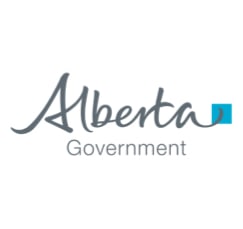
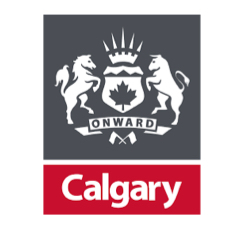
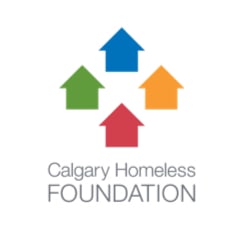
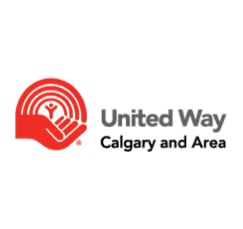
we want you to know that your donation is currently supporting someone in crisis. thank you for your contributions.
Subscribe to Our Newsletter
In the spirit of respect, reciprocity and truth, Distress Centre Calgary would like to honour and acknowledge Moh’kinsstis, and the traditional Treaty 7 territory and oral practices of the Blackfoot confederacy: Siksika, Kainai, Piikani, as well as the Îyâxe Nakoda and Tsuut’ina nations. We acknowledge that this territory is home to the Otipemisiwak Métis Government of the Métis Nation within Alberta Districts 5 and 6. Finally, we acknowledge all Nations – Indigenous and non – who live, work and play on this land, and who honour and celebrate this territory.
Help is Here


